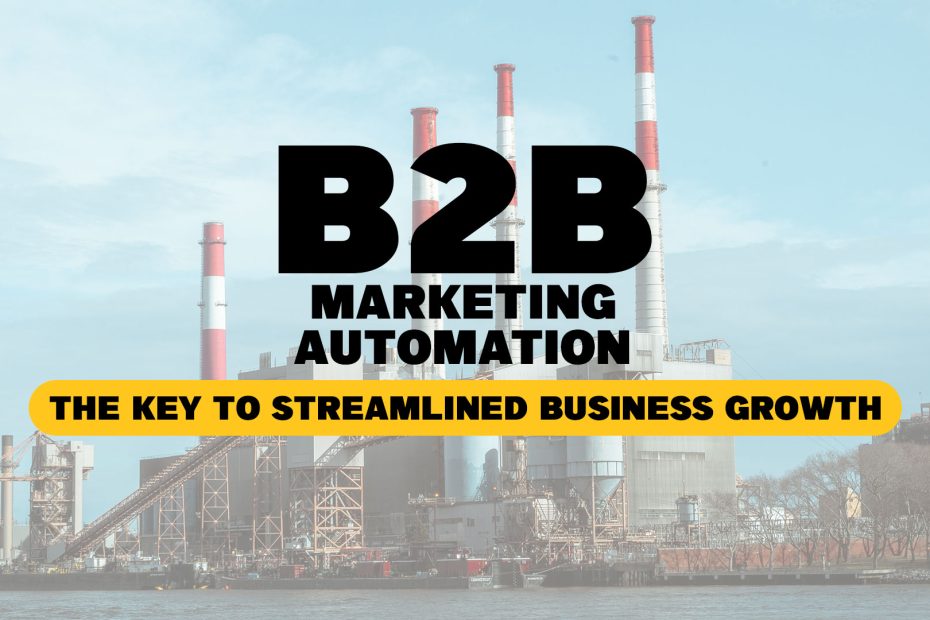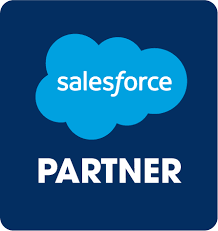Introduction
In today’s fast-paced business environment, companies are constantly looking for ways to streamline operations and increase productivity. B2B marketing automation is a powerful tool that meets these needs. But what exactly is B2B marketing automation? How does it work and what are the benefits for businesses? , implementation strategies, and their impact on business growth.
What is B2B Marketing Automation?
B2B marketing automation refers to the use of technology and software platforms to automate and streamline marketing tasks and processes in a business-to-business (B2B) context. It enables organizations to nurture leads, personalize customer interactions, and manage marketing campaigns more efficiently. With Business to Business marketing automation, businesses can automate repetitive marketing tasks, such as email marketing, lead scoring, social media management, and campaign tracking, allowing marketers to focus on strategy, creativity, and customer engagement.
Key Benefits of B2B Marketing Automation
Implementing Business to Business marketing automation brings a multitude of benefits to businesses. Here are some of the key advantages it offers:
i. Enhanced Lead Generation and Nurturing:
- Automate lead capture and segmentation processes.
- Nurture leads through personalized and targeted campaigns.
- Increase conversion rates and improve sales funnel efficiency.
ii. Improved Customer Relationship Management (CRM):
- Gain deeper insights into customer behavior and preferences.
- Automate customer interactions, personalized messaging, and follow-ups.
- Enhance customer retention and satisfaction.
- If you are a beginner and just start a career in Marketing Automation (CRM), must enroll in this course HubSpot (CRM)- For Beginners From Basic to Advance
iii. Time and Cost Savings:
- Automate repetitive marketing tasks, reducing manual effort and time.
- Optimize resource allocation and minimize human error.
- Achieve higher operational efficiency and cost savings.
iv. Scalability and Growth:
- Scale marketing efforts without proportional increases in resources.
- Reach a wider audience through targeted campaigns and multi-channel automation.
- Enable faster and more sustainable business growth.
Implementing B2B Marketing Automation Strategies
To leverage the power of Business to Business marketing automation effectively, organizations should follow these key strategies:
i. Define Clear Marketing Goals:
- Identify specific marketing objectives aligned with overall business goals.
- Outline measurable key performance indicators (KPIs) to track progress and success.
ii. Integrate Marketing and Sales Efforts:
- Align marketing automation with sales processes for seamless lead handoff.
- Foster collaboration and communication between marketing and sales teams.
iii. Build an Accurate Customer Database:
- Collect and maintain clean, reliable customer data for effective targeting.
- Implement data segmentation based on demographics, behavior, and engagement.
iv. Create Personalized Campaigns:
- Leverage customer data to deliver relevant and personalized content.
- Use dynamic content and triggered messaging based on customer interactions.
Frequently Asked Questions (FAQ’s)
Q1: What are some popular B2B marketing automation platforms?
A. Some popular B2B marketing automation platforms include HubSpot, Marketo, Pardot, Eloqua, Act-On, SharpSpring, and Infusionsoft by Keap.
Q2: How does B2B marketing automation integrate with CRM systems?
A. B2B marketing automation integrates with CRM systems to facilitate smooth lead management, personalized lead nurturing, and improved sales alignment. It allows for data synchronization, automated workflows, and closed-loop reporting, enabling seamless collaboration between marketing and sales teams.
If you are a beginner and just start a career in Marketing Automation (CRM), must enroll in this course HubSpot (CRM)- For Beginners From Basic to Advance
Q3: Is B2B marketing automation suitable for all industries?
No, B2B marketing automation is not suitable for all industries. Its applicability varies based on factors like sales cycle complexity, lead generation needs, content marketing focus, scalability requirements, and industry-specific considerations. Each industry should assess its unique characteristics and goals to determine if Business to Business marketing automation is a good fit.
Conclusion
B2B marketing automation has become an essential tool for companies looking to streamline marketing efforts, streamline operations, and achieve sustainable growth. By automating repetitive tasks, nurturing leads, and personalizing customer interactions, businesses can improve marketing performance, increase sales, and build stronger customer relationships. As technology continues to evolve, the possibilities for Business to Business marketing automation continue to expand, making it a key advantage for any company looking to stay competitive in the digital age.
By implementing a Business to Business marketing automation strategy and reaping the benefits that come with it, businesses can unlock new opportunities, improve efficiency, and achieve long-term success. Harness the power of B2B marketing automation to take your marketing efforts to the next level.
Are you tired of spending countless hours manually managing your marketing campaigns? Ready to take your business to the next level with the power of automation? Look no further! We are thrilled to invite you to our highly anticipated “Free Workshop of Marketing Automation.” Join us get acquainted with the latest knowhow on Marketing Automation as we unravel the secrets of streamlining your marketing processes, boosting your conversions, and maximizing your ROI. Don’t miss out on this incredible opportunity to revolutionize your business. Register now and unlock the potential of automation for FREE!
Register for our FREE WORKSHOP





